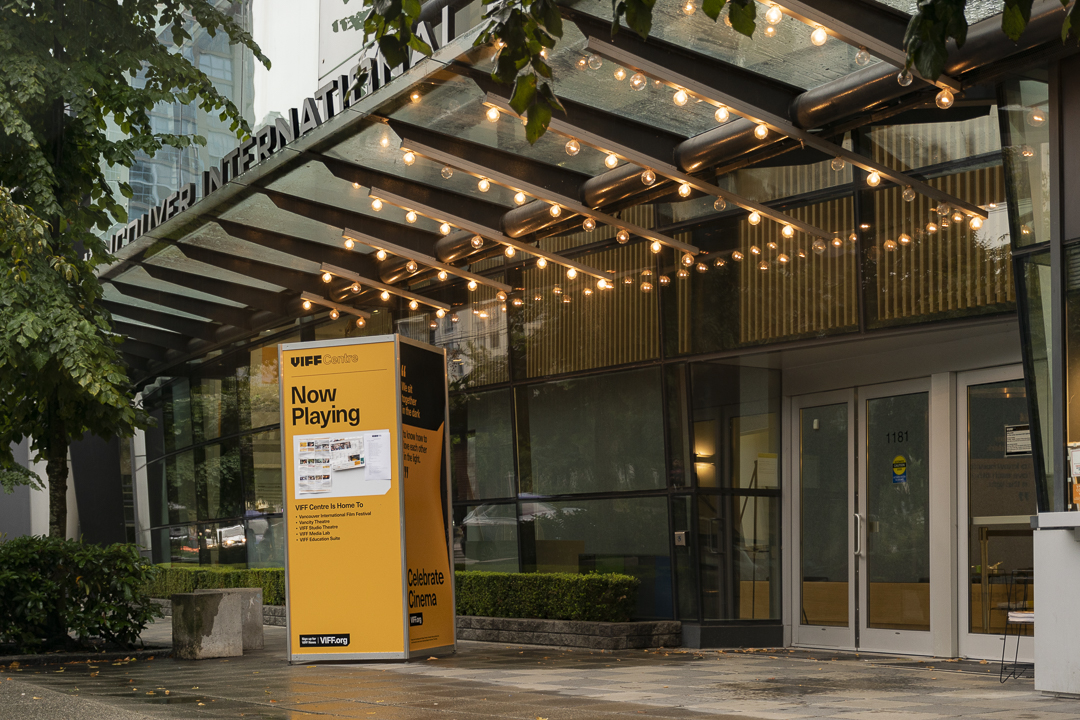
‘The Mask You Live In’ movie presented at SHIFT
By Sonam Kaloti, Arts Editor
Be a man.
“That’s one of the most destructive phrases in this culture, I believe,” says Joe Herman, a coach and former NFL player starring in the documentary The Mask You Live In. The movie opens on many faces, all male, speaking to the camera. They tell us that they are sad and explain to us why they feel this way.
Many boys hide behind a mask of masculinity, an emotional mask, because that is how they are raised. Regarding boys displaying fragility, whether it be parents, friends, society, or media, the response is usually clear: Suck it up and be a man. This can be extremely dangerous in so many ways. For one, the trauma caused by repressing emotions can result in a surplus amount of grief, potentially staying with that individual for the rest of their life. Trauma in someone can later manifest into personality disorders, such as ADHD which is three times more likely to occur in boys than it is in girls. Not being allowed to express emotions as a child may also result in the complete rejection of emotion. Boys unable to express themselves as kids might grow to not associate themselves with their emotions as adults, as these emotions will feel alien to them and the boys will not have learned how to cope.
“[Masculinity is] not something that’s developed, it’s the rejection of everything that is feminine,” says Dr. Caroline Heldman, a political scientist and educator within the film. Femininity and masculinity are constructed within our society, mostly to create a hierarchy—not even between only men and women but also just between men alone. The movie tells us that creating such strong divides between things we can enjoy and participate in, versus things that are forbidden, prevents us from becoming the fully-rounded people we are meant to be. Growing up not knowing who you are can cause damage to your psyche as well. For example, a boy who really enjoys theatre may get bullied for it and instead join a sports team. He may never feel truly accomplished or happy with that decision, but what choice does he have?
This manipulation in our culture of being this person who isn’t you is a way to put people into boxes and try to control them; however, it never really works out in the end. You see boys being yelled at as children to “Be a man”—that is, don’t do anything that may be considered feminine or else your masculinity will be questioned—and people may resort to insulting these young boys by calling them “gay” or “girls”, which is another huge issue on its own.
“If it would destroy [a 12-year-old boy] to be called a girl, what are we teaching him about girls?” says Tony Porter, an educator and activist. The Mask You Live In delves deep into a conversation about what it means in our society to “be a man” versus what it really means to be a man.
The movie itself has an average production quality, with a few awkward transitions of music and sampled clips of other media mixed in with its own footage. The sampled media does its part in emphasizing the messages told by the characters, as well as providing proof within examples of media we see every single day that we may fail to question. With viewpoints of people from every background, including young children, convicted criminals, felons, fathers, artists, sports stars, activists, and professionals in mental health, The Mask You Live In explores a wide variety of important topics that are not discussed as often as they should be.
We are not only the next generation of our society, but we are also going to raise the ones after, and the first step to tackling these issues is to recognize them. The Mask You Live In does a wonderful job in introducing these present issues; how we handle them in the future is up to us.


